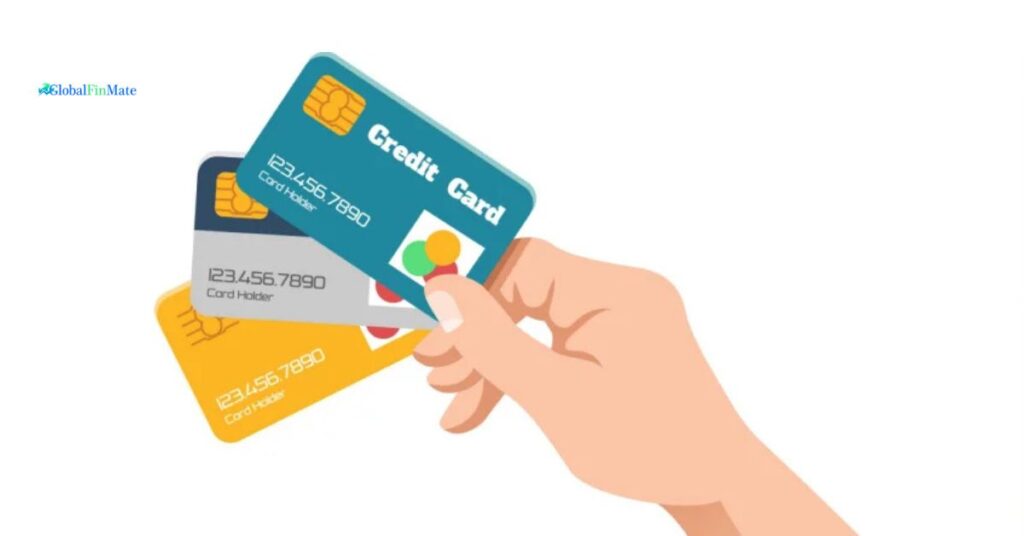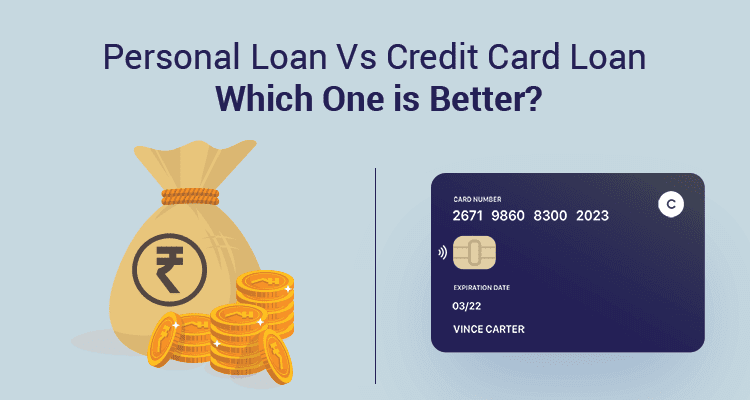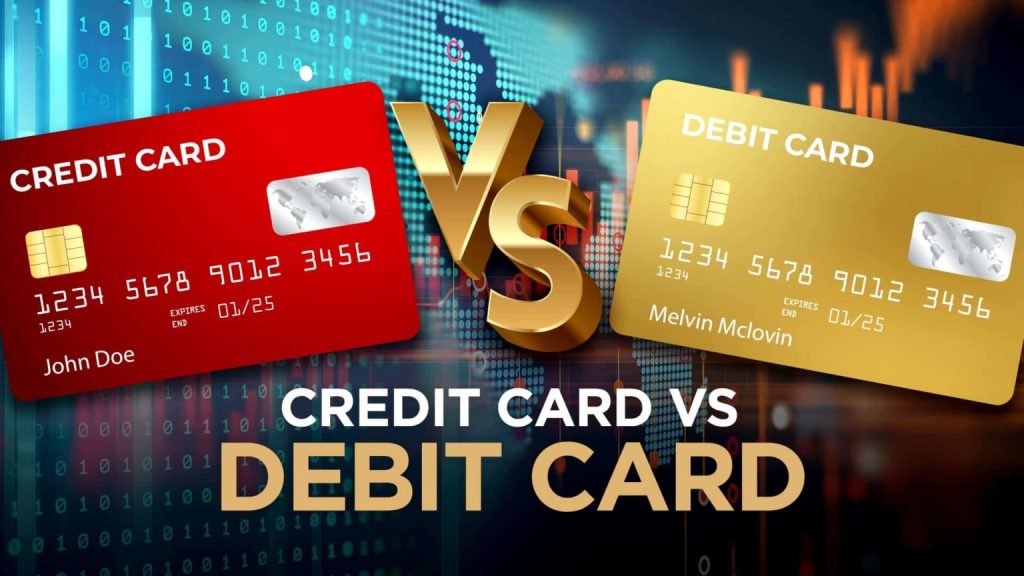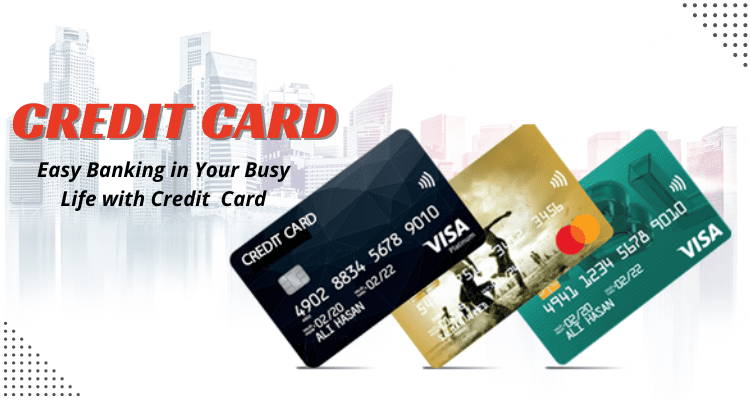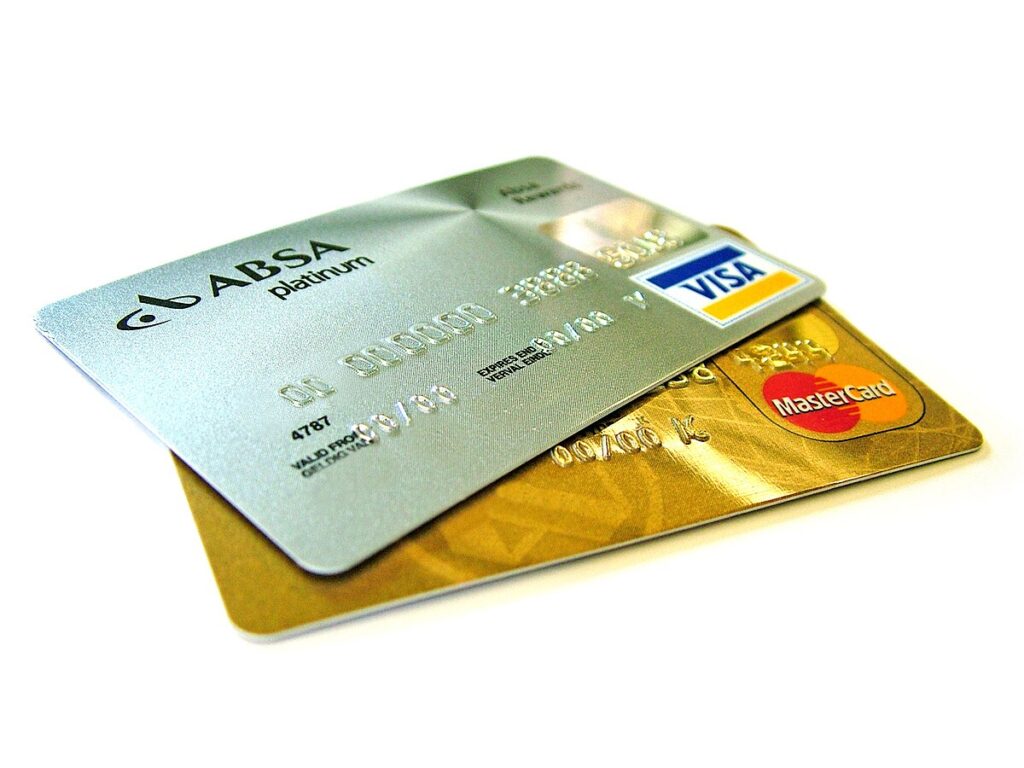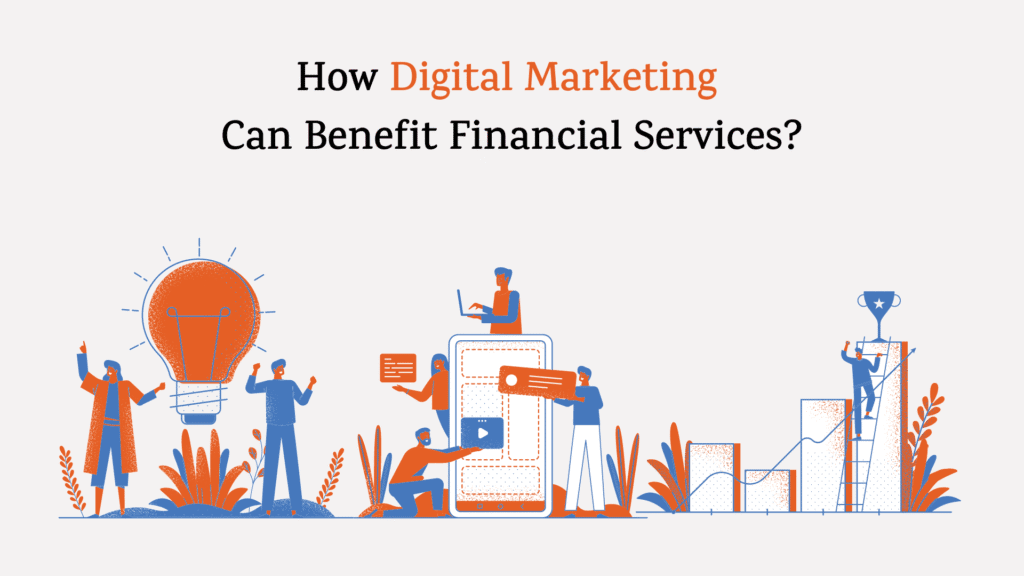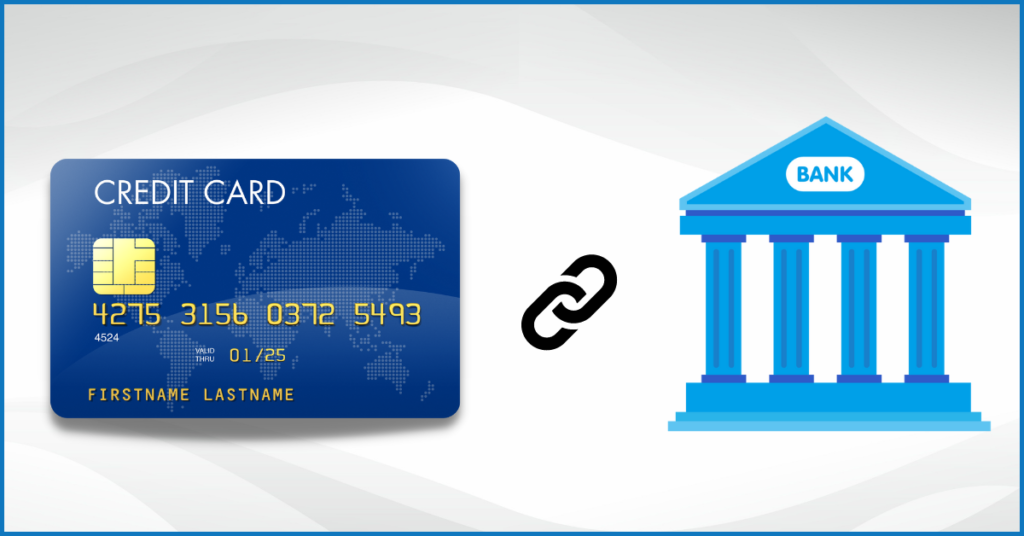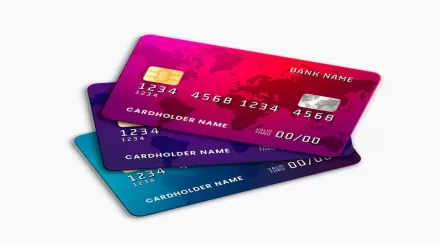Credit Cards VS Cashback Cards | GlobalFinMate
Credit cards have become an integral part of modern financial life. In Canada and across the world, millions of people rely on credit cards to manage expenses, build credit, and enjoy perks such as rewards, travel insurance, or fraud protection. However, within the broad category of credit cards, there are many subtypes, each designed to serve different purposes.
One of the most popular subtypes is the cashback credit card, which rewards you with a percentage of your spending returned as cash. While all cashback cards are credit cards, not every credit card offers cashback. The distinction between a general credit card and a cashback card is important for consumers who want to make the best financial choices.
This article provides a detailed comparison of credit cards and cashback cards, highlighting their definitions, features, similarities, differences, advantages, and disadvantages. By the end, you’ll have a clear understanding of which option might suit your financial goals best.
Difference between Credit Cards Vs Cashback Cards
| Feature | Regular Credit Card | Cashback Credit Card |
|---|---|---|
| Definition | A general payment card that provides access to credit, may include rewards or perks. | A type of credit card that rewards you by returning a percentage of your spending as cash. |
| Rewards System | May offer points, miles, travel benefits, or none at all. | Always provides cashback (e.g., 1–5%) on eligible purchases. |
| Complexity | Can be complex, especially with loyalty programs and redemption rules. | Simple and straightforward—cashback value is clear in dollar terms. |
| Annual Fees | May charge annual fees, especially premium cards. | Many options have no annual fee, though premium cashback cards exist. |
| Best For | Travelers, people seeking premium perks or loyalty programs. | Everyday spenders who want instant, hassle-free rewards. |
| Extra Perks | Travel insurance, extended warranty, airport lounge access (varies by card). | Usually minimal; focus is on cashback earnings. |
| Foreign Transaction Fees | Many still apply, unless it’s a premium travel card. | Often applies, though some cards waive these fees. |
| Earning Potential | Can be high if you maximize points/miles. | More modest but consistent savings on daily expenses. |
| Simplicity | Varies; some are straightforward, others complicated. | Very simple—spend, earn cashback, redeem. |
| Credit Building | Builds credit with responsible use. | Also builds credit equally with responsible use. |
What Is a Credit Card?
A credit card is a financial product issued by banks orfinancial institutions that allows you to borrow money up to a set credit limit. You can use it to make purchases, pay bills, or withdraw cash. Each month, the issuer sends you a statement showing your total balance, minimum payment, and due date.
If you pay your balance in full, you avoid paying interest. If you carry a balance, you’ll be charged interest at the card’s annual percentage rate (APR). Beyond basic borrowing, credit cards often come with features such as:
- Fraud protection and liability coverage
- Purchase protection and extended warranty
- Access to credit-building opportunities
- Potential rewards programs (points, miles, or cashback)
- Travel-related benefits like rental car insurance or trip coverage
Credit cards are not one-size-fits-all. They can be basic (offering only credit access with no rewards) or premium (with annual fees and extensive benefits).
What Is a Cashback Card?
A cashback card is a specific type of credit card that rewards you for spending by giving you a percentage of your purchases back as cash. For example, if your cashback card offers 2% on groceries and you spend $500, you earn $10 in cashback.
The earned cashback is usually redeemable in several ways:
- Statement credit to reduce your outstanding balance
- Direct deposit into your bank account
- Gift cards or vouchers through the card issuer’s platform
- Charitable donations in some cases
Cashback cards appeal to people who value simplicity. Unlike points-based systems that require you to calculate redemption values, cashback has an obvious and direct benefit: money back in your pocket.
Advantages of Credit Cards
- Variety of Options – Wide selection tailored for travel, low interest, balance transfers, or student use.
- Premium Benefits – Travel insurance, extended warranties, and access to exclusive perks.
- Loyalty Rewards – Some cards tie into travel programs or retail loyalty schemes.
- Flexible Use – Not limited to just cashback; some cards let you earn transferable points.
- Credit-Building Tool – Using a standard credit card responsibly builds yourcredit score.
Advantages of Cashback Cards
- Simplicity – You always know how much you’re earning, without calculating point values.
- Instant Value – Cashback directly reduces expenses or balances.
- No Expiry in Many Cases – Rewards often don’t expire as long as the account remains active.
- Good for Everyday Spending – Groceries, gas, and bills can consistently earn cashback.
- No Fees in Many Options – Many cashback cards are no-fee, making them cost-effective.
Disadvantages of Regular Credit Cards
- Annual Fees – Many premium cards charge yearly fees.
- Complex Rewards – Travel points or miles can be confusing to redeem.
- High Interest – Carrying a balance leads to costly interest charges.
- Temptation to Overspend – Access to credit can encourage unnecessary purchases.
- Perks May Be Underused – If you don’t travel often, you might not use premium benefits.
Disadvantages of Cashback Cards
- Lower Rewards Ceiling – Cashback rates are modest compared to premium travel points cards.
- Limited Categories – Bonus cashback usually applies to only certain categories.
- Foreign Transaction Fees – Most cashback cards charge fees on international purchases.
- No Premium Perks – Travel insurance and luxury benefits are often excluded.
- Interest Still Applies – Carrying balances can erase any cashback earned.
FAQs
Q1. Is every cashback card a credit card?
Yes. Cashback cards are a type of credit card designed with cashback rewards.
Q2. Which builds credit faster — regular or cashback cards?
Both build credit equally, provided you use them responsibly.
Q3. Are cashback cards worth it?
Yes, especially for people who want simple rewards without annual fees.
Q4. Can I have both?
Absolutely. Many people carry a cashback card for everyday spending and another credit card for travel or premium perks.
FAQs: Credit Cards VS Cashback Cards Explained
Credit cards and cashback cards share the same foundation, but they serve different purposes. A regular credit card may focus on access to credit, premium travel perks, or loyalty programs, while a cashback card emphasizes simple, direct savings.
Choosing between them depends on your spending habits and financial goals. If you value premium perks, loyalty points, or travel rewards, a standard rewards credit card may serve you best. If you prefer clarity, simplicity, and guaranteed savings, a cashback card is the smarter option.
Ultimately, both can be powerful financial tools if used responsibly. The key is aligning your card choice with how you spend and what benefits matter most to you.

